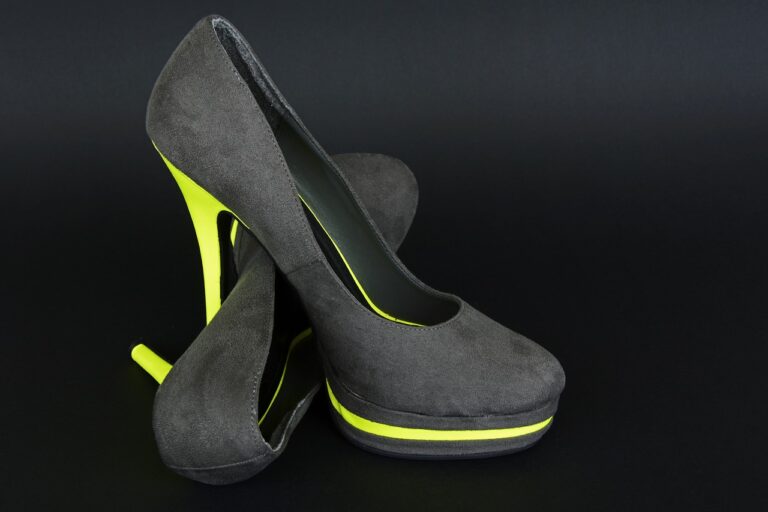Fashion and Sustainability: The Role of Fashion Rental Platforms in Reducing Waste
Fast fashion has gained popularity for its quick production cycles and affordable prices, leading consumers to constantly purchase new trendy clothing items. However, this rapid turnover of clothing contributes to a significant environmental impact. The fashion industry is known to be one of the major contributors to pollution, with the production of textiles and clothing causing high levels of water usage, chemical pollution, and carbon emissions.
Furthermore, the disposal of fast fashion items adds to the environmental burden, as most of these garments end up in landfills. The synthetic materials used in fast fashion production can take centuries to decompose, releasing harmful toxins into the environment during the process. As consumers become more aware of the environmental consequences of their shopping habits, there is a growing demand for sustainable and ethical fashion alternatives.
The Concept of Circular Fashion Economy
The shift towards a circular fashion economy marks a significant departure from the linear model of production and consumption prevalent in the fast fashion industry. In this new approach, the focus is on designing clothes that are made to last, using materials that can be easily recycled or repurposed.
By implementing strategies such as clothing rental, resale, and upcycling, the circular fashion economy aims to extend the lifespan of garments and reduce the amount of clothing waste ending up in landfills. This innovative concept promotes sustainable practices throughout the entire lifecycle of a garment, from its initial design to its eventual disposal, creating a more environmentally friendly and ethical fashion industry.





